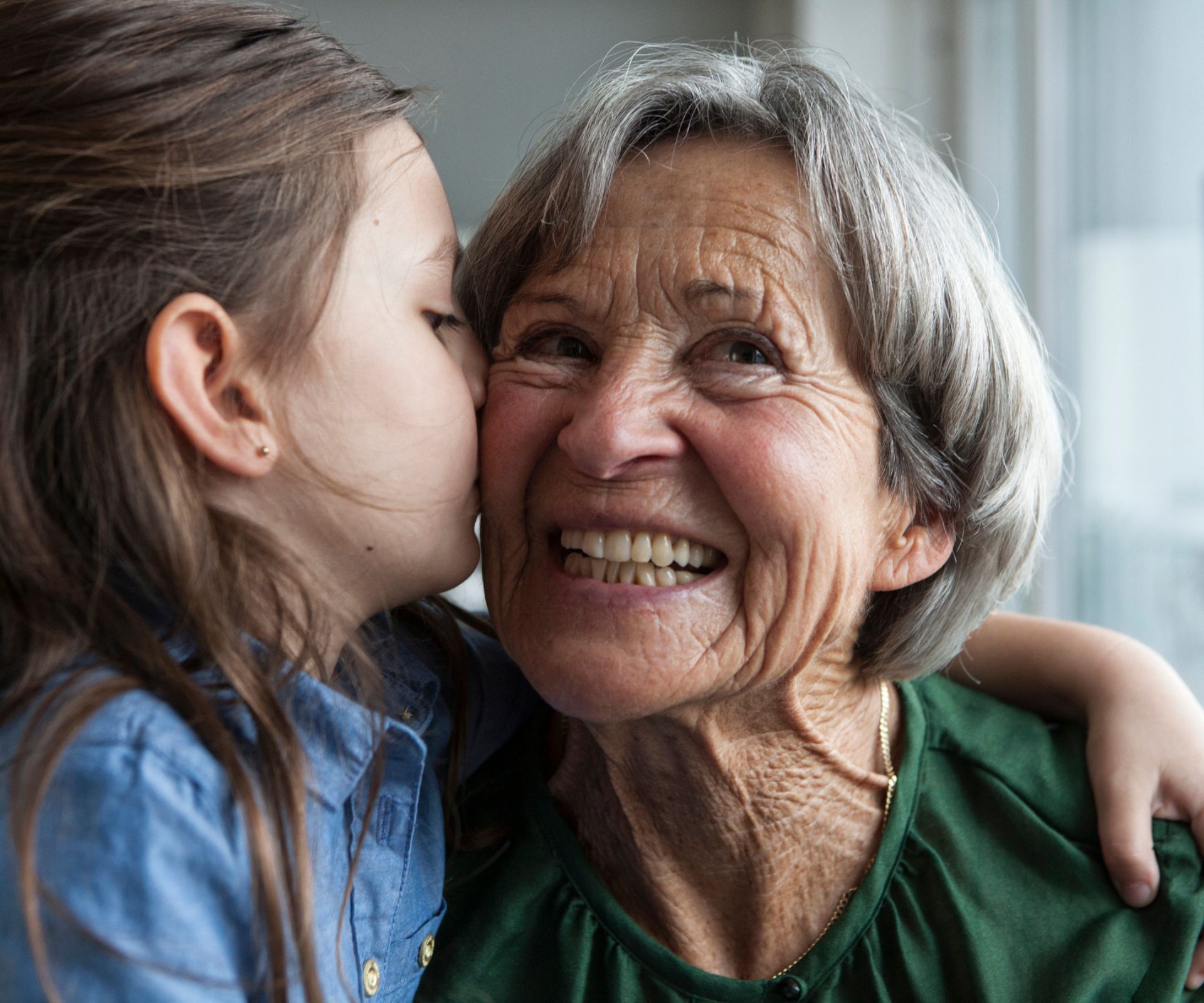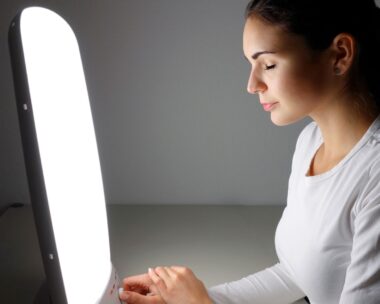Brought to you by Molicare.
Whether you’re caring for someone prone to skin irritations or have ageing skin yourself, being able to recognise common skin conditions is essential in preventing them. While some age-related skin conditions are inevitable and should be embraced (hello wrinkles!) others are much more straightforward to deal with. Follow our 3-step guide to recognise, prevent and care for some common skin complaints.
Recognising common skin conditions
The first step in preventing skin flare ups is knowing what you’re looking for. As you age your skin will naturally start to get thinner and more fragile. This can lead to dry and itchy skin, as well as other common conditions including age spots, skin tags and bruising. More serious complaints, such as bed sores, skin tears and incontinence associated dermatitis (IAD) may also appear.
Some conditions will be easy to spot – for example, dry and itchy skin will be evident. It’s important not to scratch itchy skin as this can make it worse and cause infections. Other skin conditions like IAD may start slowly before becoming a painful problem. IAD is caused when fragile skin is repeatedly exposed to urine. The constant washing – and using the wrong products – can make the area become inflamed, irritated and, in serious cases, infected.
Step 2: Preventing painful skin problems
Prevention is key when it comes to managing skincare, be it in yourself or someone you’re caring for, and there are some simple measures you should be taking now. These include having short warm showers rather than long hot showers, staying hydrated and protecting your skin when you’re in the sun.
Take a look at the skincare products you’re using, too – it’s probably time to change them for products that are more suitable for ageing skin. Regular soaps, for example, can be too harsh on older skin as they can strip essential oils, change the pH and damage the natural protection layer. You need a milder formulation, such as MoliCare Skin Wash Lotion, which is a gentle cleansing wash that has been dermatologically tested and contains moisturising ingredients.
Step 3: Use the right products
As well as changing the body wash you use, there are a range of other everyday products that will help you protect your skin and stop problems developing. It’s important to keep ageing skin well nourished – moisturising daily with MoliCare Skin Body Lotion will help strengthen the skin’s barrier and regeneration function. Give your hardworking hands some extra TLC, too, by using MoliCare Skin Hand Cream, which is enriched with almond oil.
For more serious conditions, such as IAD and bed sores in people that are bedridden, you’ll need to start using barrier products to protect the sensitive areas of the skin from the irritating effects of urine. MoliCare Skin Barrier Cream or the MoliCare Skin Protection Foam forms a transparent protective film on the skin. These products can help maintain the skin’s natural moisture balance, too.
Where to get more help
The important thing to know about skin conditions is you don’t need to suffer in silence. For more advice on looking after sensitive skin – and to find the right products for you – go to MoliCare or talk to your pharmacist.
Brought to you by MoliCare.




